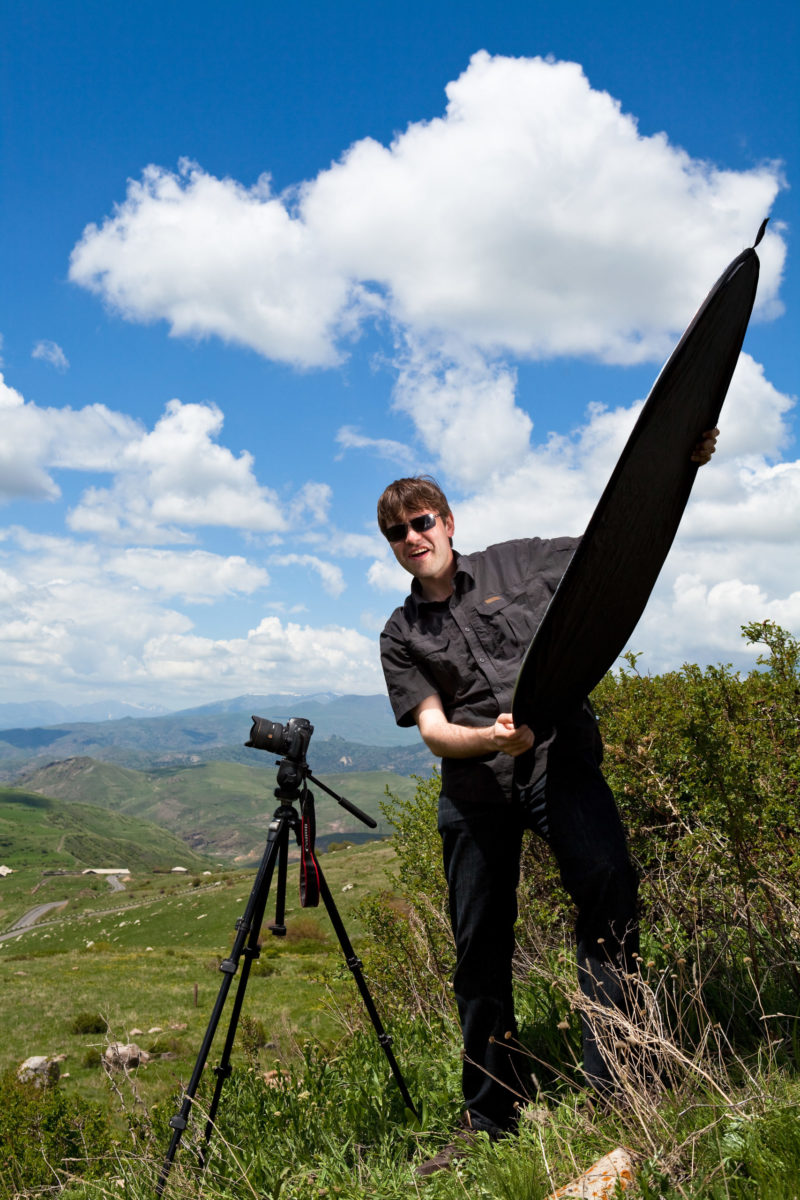YEREVAN / SHANGHAI — Film director, actor, researcher and writer Ruben Giney (Gasparyan) started making movies when he was 5. His first 8mm film was screened at the Moscow Children’s Film Festival. Before graduating from high school, he started attending the Yerevan State Institute of Theater and Cinema.
In 2002 he entered the Moscow State Institute of Cinematography (VGIK). He was a junior assistant at such Russian directors as Nikita Mikhalkov and Igor Maslennikov.
In 2005 he moved to China, where he joined the international advertising company “Kuiyou Production House” as an artistic director. During this period, he has shot more than 15 commercials for several international companies such as Panasonic, Asahin, McDonald’s, Shiseidon, Honda and Toshiba.
Since 2010, he has participated in the production of a number of Chinese TV series and feature films. He is a freelance photographer for National Geographic and the author of a number of scholarly articles. His films include “Black Caviar” (1999), “Lower Depths” (2003), “Hernan Du Struberg” (2005), “Hamazkayin Cultural Forum” (2008), “Cities of the World. Shanghai” (2008), “Andin. Armenian Journey Chronicles” (2014). In 2016 he published a collection of articles in Yerevan (in Russian) on Armenian-Chinese historical contacts in the Middle Ages.
Dear Ruben, our friendship started due to our mutual interest in Armenian-Chinese historical relations, so let’s start our conversation from that point. How did you end up in China and what has China given to you?
Usually people said that there are two types of foreigners in China; those who came for a specific purpose and the others who accidentally ended up in Сhina. I suppose I belong to the second type. Many years ago I came to mainland China to make a short feature film as a part of my university work, and I met director of major commercial company in Shanghai. Mr. Yansan had a short conversation with me and invited me to work with him. I thought he might be joking, since I was only 18, but the director was quite serious. I returned to Moscow and a couple of months later eventually decided to move to China. At that time, I did not know anyone in China, I could not speak any Chinese, my English also was not good enough. But I was young and fearless. Now I speak Chinese, but I am afraid I am not as brave as before. China and Chinese culture have given me the opportunity to understand the spirit of the Orient. I grew up in Shanghai and absorbed Asian views on life itself. As an Armenian I used to express my emotions, show anger or dissatisfaction with someone, but in China all these expressions are considered a weakness. At the beginning, I did not understand well, but over the years I finally have managed to understand how to behave right in this society. And the discipline. The high value of discipline in China has made me extra organized and serious towards some things, especially in work and education. I am really grateful for these traits that China has taught me.









